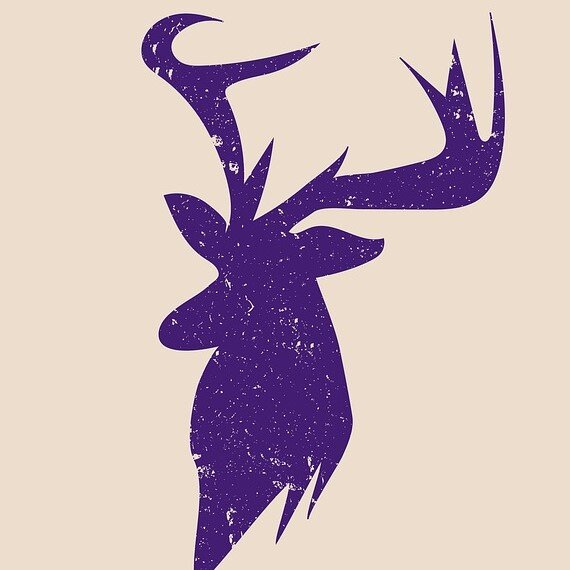With all the information out there regarding Covid-19 I feel like this platform can be most useful for (1) reporting on the under-reported stories; (2) reflection on social responses; and (3) point readers to what I find are the best resources amidst the crisis.
Reflection: Crises often reveal who we really are. As a country, I feel that we’re struggling as to which America we want to be, a city on a hill or a pit of corruption and moral bankruptcy. The Eric Liu’s excellent piece in the Atlantic last week really got me thinking about how the US markets the former but sadly reverts to the latter. In 2019, as part of the 75th anniversary of WWII and D-Day, I wrote about this dualism in our national character in my book Finding St. Lo and the tension that results.
I didn’t have too many answers in that book, except hope that angels of our better nature would win out.
But as I reflected on Lui’s piece I couldn’t help but remember that on September 12, 2001 I saw a picture of a banner in a Midwest town reading: “WE’RE ALL NEW YORKERS TODAY.” Back then, three thousand deaths united us.
Contrast that with today when even after a hundred and twenty five thousand deaths (and climbing), we have vast swaths of the US who still believe Covid-19 is a hoax generated by a “deep state.” It speaks to a division that should deeply disturb us.
In 2001, conspiracy theories (like the US gov. being behind the attacks) were confined to a repudiated fringe. In 2020, we have conspiracy theories flourishing in the mainstream and coming from members of US gov. It all makes my head hurt and heart break. That speaks to a disagreement on reality that should alarm us.
But in hopes that this can still be a crisis that serves as a reckoning and course correction (although some days I feel discouraged it won’t be) here are two hopeful trends and one observation.
Prison Reform: As states are resorting to releasing inmates early from their sentences because they cannot protect them from rampant spread of the virus within prisons, one might hope that this could lead to the shuttering of some prisons altogether. The US incarcerates more people per capital than any country and perhaps as we consider wider amnesties of this sort, we might start asking (1) why are so many people in prisons in the first place and (2) why people of color are so disproportionately over-represented. It’s not like we don’t know the answers to these questions, but this could be an opportunity for true reform of the prison-bail bond-parole-industrial complex that is so deeply flawed and profits off the incarceration of poor people and people of color, without giving them real options for rehabilitation as productive citizens.
Health care reform: The growing number of people losing insurance because of unemployment as well as the sight of makeshift morgues, has to affect public opinion regarding health care. I anticipate more Americans will be in support for the Affordable Care Act a.k.a. Obamacare, and even further expansions of Medicare and Medicaid. There might be further movement on separating health insurance from employment all together. If we’re lucky, this all leads to a more robust and just health care system and even the acknowledgement that health care is a right. Additionally, I was heartened to hear at least some leaders, like Governor Cuomo calling out the fact that fatalities for people of color have been much higher than for others and that its an issue that must be addressed. It’s been encouraging to see this being picked up by new agencies throughout the US.
Venmo and other Digital Apps for Transferring/Spending Money: If you didn’t know how dirty money is . . . you might not want to. Covid-19 has made us hyper vigilant for all the surfaces we touch, screens, knobs, crosswalks, etc . . . An hyper-awareness of how dirty money is, I believe, is likely to follow. This will accelerate the already growing use of apps like Venmo. Sadly, this is another one of those changes/reforms which are more likely to benefit only one side of the digital divide. Having a phone, paypal account, or credit card, are privileges the poor are less likely to have. Being on the wrong side of the digital divide already compromises economic and educational opportunities, now it will pose greater risk to health.
Be kind. Wash your hands. This is a triathlon, not a sprint.

